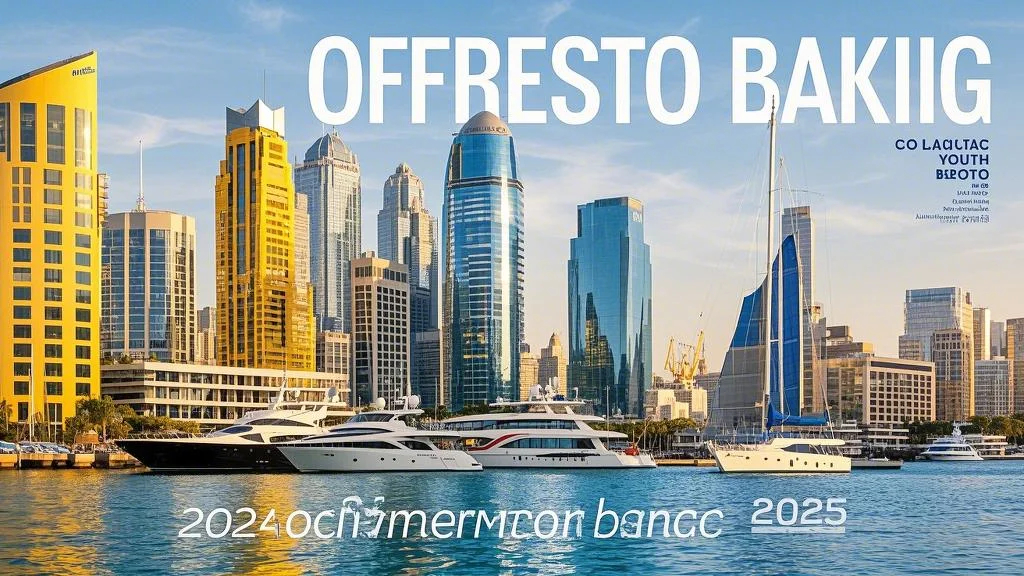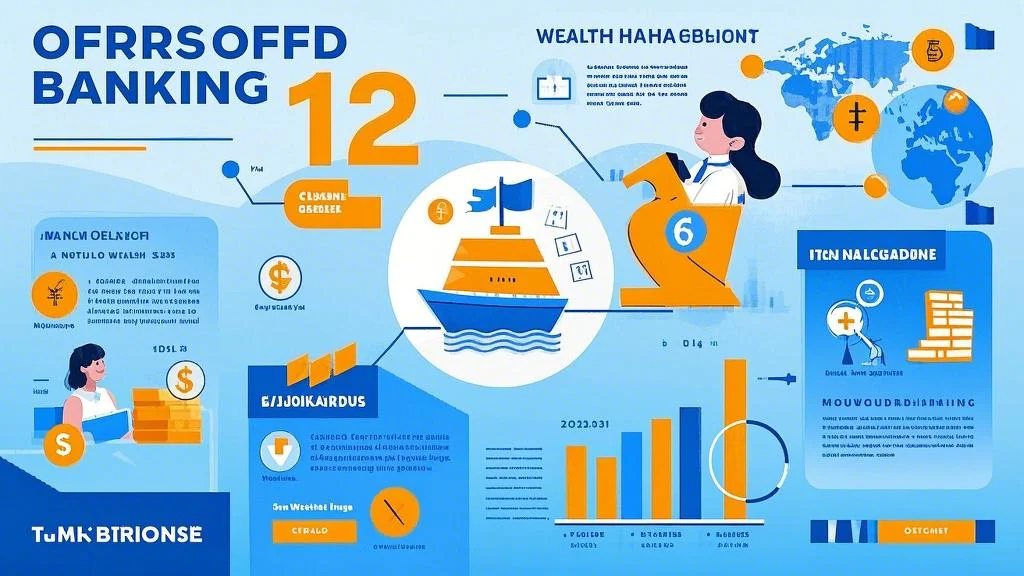Tax Havens for the Wealthy: Best Offshore Banking Destinations in 2025

What Are Tax Havens and Why Do They Matter?
For high-net-worth individuals (HNWIs) and ultra-high-net-worth individuals (UHNWIs), tax havens have long been a cornerstone of international wealth management. These jurisdictions offer favorable tax regimes, financial privacy, and robust asset protection laws, making them attractive destinations for those looking to optimize their financial strategies. A tax haven is typically a country or territory with low or no taxes on income, capital gains, or inheritance, coupled with strong banking secrecy laws. These features allow wealthy individuals and businesses to reduce their tax liabilities while safeguarding their assets from potential legal or financial threats.
However, the use of tax havens is not without controversy. Critics argue that they enable tax evasion and undermine the tax bases of other countries. Despite this, many HNWIs and UHNWIs continue to utilize these jurisdictions legally, taking advantage of their benefits for tax-efficient investing and wealth preservation. The key is to work with experienced advisors who can ensure compliance with international tax laws while maximizing the benefits of offshore banking. As global regulations evolve, staying informed about the best jurisdictions and strategies is essential for maintaining financial security and optimizing wealth management.
Top Offshore Banking Destinations in 2025
When it comes to offshore banking, not all jurisdictions are created equal. Some stand out for their stability, privacy, and favorable tax policies, making them ideal for HNWIs and UHNWIs. In 2025, several destinations continue to dominate the list of top tax havens. Switzerland, for example, remains a global leader in private banking, offering unparalleled financial services, strict privacy laws, and a long history of political and economic stability. The country’s reputation for discretion and expertise in wealth management makes it a top choice for those seeking to protect and grow their assets.
Another popular destination is Singapore, which has emerged as a hub for international wealth management. Known for its robust regulatory framework and low tax rates, Singapore offers a secure environment for offshore banking and investment. The Cayman Islands also remain a favorite among HNWIs, thanks to their zero-tax policy on income, capital gains, and corporate profits. Additionally, the British Virgin Islands (BVI) and Luxembourg are renowned for their favorable tax regimes and strong asset protection laws. Each of these jurisdictions offers unique advantages, and the best choice depends on the individual’s financial goals, risk tolerance, and geographic preferences.

International Wealth Management: A Global Approach
For HNWIs and UHNWIs, managing wealth on a global scale requires a sophisticated approach that goes beyond traditional banking. This is where international wealth management comes into play. By leveraging the expertise of global financial advisors and the benefits of offshore banking, wealthy individuals can create diversified portfolios that span multiple jurisdictions. This not only helps to mitigate risk but also provides access to a wider range of investment opportunities. For example, an international wealth management strategy might include investments in emerging markets, real estate in stable economies, or private equity funds in low-tax jurisdictions.
One of the key advantages of international wealth management is its ability to provide tax efficiency. By strategically locating assets in jurisdictions with favorable tax policies, HNWIs can significantly reduce their tax burdens. Additionally, international wealth management often includes comprehensive estate planning services, ensuring that wealth can be transferred seamlessly to future generations. This might involve setting up trusts, foundations, or other legal structures in jurisdictions with strong asset protection laws. By taking a global approach to wealth management, HNWIs and UHNWIs can achieve greater financial security and flexibility, ensuring their wealth is preserved for generations to come.
Tax-Efficient Investing: Maximizing Returns While Minimizing Liabilities
For wealthy individuals, tax-efficient investing is a critical component of any financial strategy. The goal is to maximize returns while minimizing tax liabilities, and this often involves leveraging the benefits of tax havens and offshore banking. One common strategy is to invest in tax-advantaged accounts or funds located in low-tax jurisdictions. For example, many HNWIs choose to invest in mutual funds or hedge funds domiciled in the Cayman Islands or Luxembourg, where capital gains and dividends are taxed at lower rates or not at all.
Another effective strategy is tax-loss harvesting, which involves selling investments that have declined in value to offset gains from other investments. This can be particularly beneficial when combined with the tax advantages of offshore accounts. Additionally, HNWIs often use trusts or foundations to hold their investments, providing both tax benefits and asset protection. By working with experienced financial advisors, wealthy individuals can develop customized tax-efficient investment strategies that align with their financial goals and risk tolerance. This not only helps to preserve wealth but also ensures that more of it can be passed down to future generations.
Asset Protection: Safeguarding Your Wealth
For HNWIs and UHNWIs, protecting their wealth from potential threats is a top priority. This is where asset protection strategies come into play. By utilizing the legal and financial frameworks of tax havens, wealthy individuals can shield their assets from creditors, lawsuits, and other risks. One common strategy is to establish trusts or foundations in jurisdictions with strong asset protection laws, such as the Cook Islands or Nevis. These structures can provide a legal barrier between the individual and their assets, making it difficult for creditors to access them.
Another important aspect of asset protection is diversification. By spreading assets across multiple jurisdictions and asset classes, HNWIs can reduce their exposure to any single risk. For example, an individual might hold real estate in one country, investments in another, and cash reserves in a third. This not only provides greater financial security but also ensures that wealth is preserved in the event of a geopolitical or economic crisis. Additionally, many tax havens offer robust banking secrecy laws, further enhancing the privacy and security of offshore accounts. By taking a proactive approach to asset protection, wealthy individuals can safeguard their wealth and ensure it remains intact for future generations.